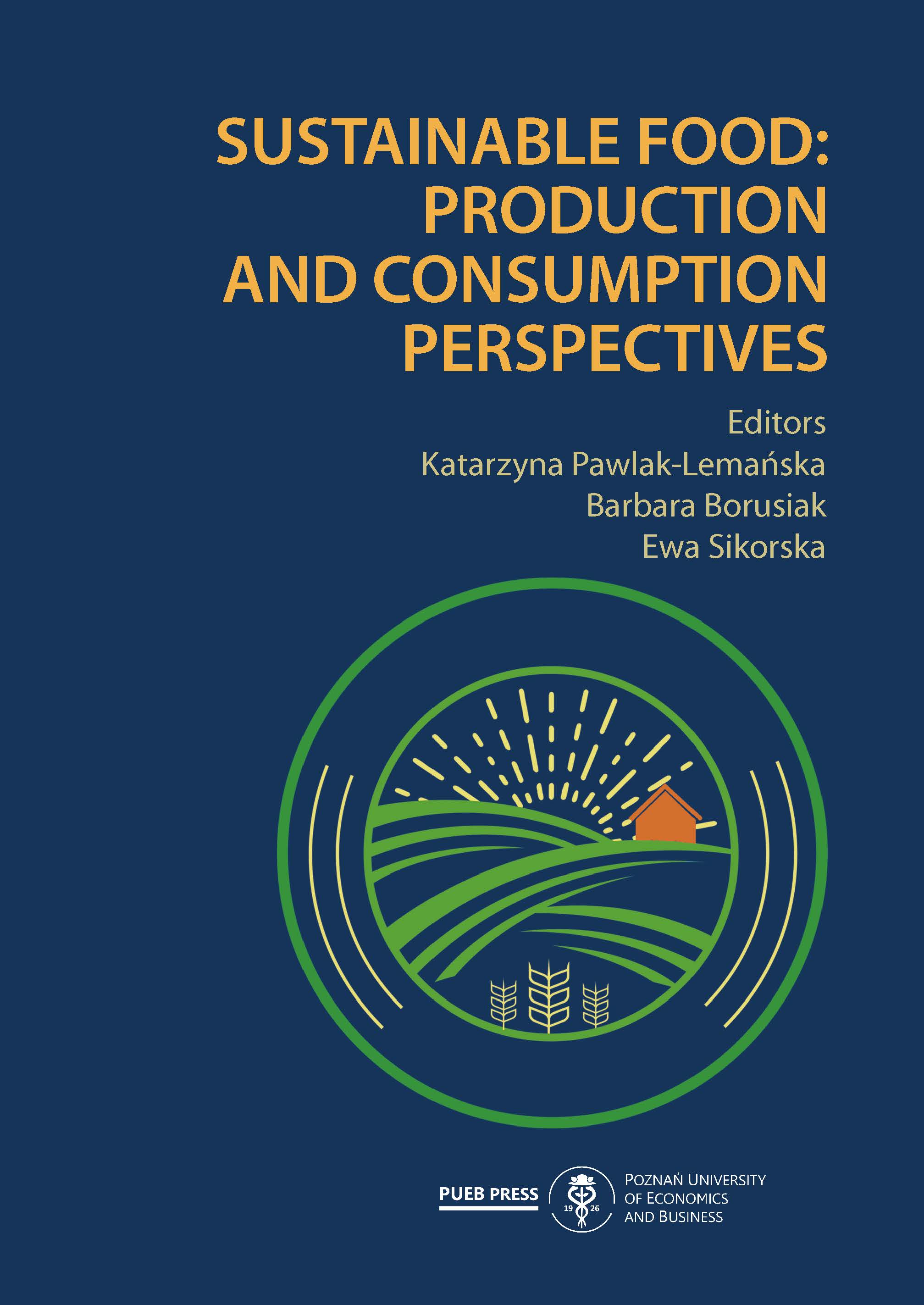Sustainable management of fruit waste production
Sustainable management of fruit waste production
Author(s): Alfred Błaszczyk, Sylwia Sady, Bogdan Pachołek
Subject(s): Economy, Business Economy / Management, Micro-Economics, Agriculture, Energy and Environmental Studies, Economic policy, Environmental and Energy policy, EU-Approach / EU-Accession / EU-Development, Business Ethics
Published by: Wydawnictwo Uniwersytetu Ekonomicznego w Poznaniu
Keywords: fruit by-products;sustainable food production;management of by-products;circular economy;
Summary/Abstract: The main goal of this paper is to review sustainable strategies presented in the literature for managing fruit processing by-products according to the circular economy, which could be useful for companies. In the food processing of fruits, the waste can be utilised directly or indirectly. The direct utilisation of fruit waste does not ensure full valorisation and does not fully minimise the environmental impact. The most sustainable management for the full valorisation of fruit waste according to the circular economy is the indirect utilisation, which requires an energyintensive drying process before the biorefinery approach. Sustainable Development Goal (SDG) 12.3 promotes the reduction of food waste and food loss throughout the supply chain to achieve sustainable development by 2030, especially at retail and consumption levels. The fruit processing industry produces large amounts of by-products, mainly removed by landfilling or incineration. However, these methods cause emissions of carbon dioxide, methane and ammonia, and release dioxin into the environment. In addition, it causes a loss of valuable biomass and nutrients and an economic loss. The sustainable management of fruit processing by-products is important to reduce the amount of food waste deposited in landfills and to develop strategies through the irreuse for full valorisation and added economic value. The currently proposed biorefinery only focuses on partial valorisation of fruit waste, which is not completely compatible with the closedloop economy framework and economically feasible due to the low-efficiency bioprocesses. Therefore, there is a need for sustainable conception in the biorefinery approach, which can provide full valorisation of fruit waste according to the circular economy.
Book: Sustainable food. Production and consumption perspectives
- Page Range: 84-100
- Page Count: 17
- Publication Year: 2024
- Language: English
- Content File-PDF

